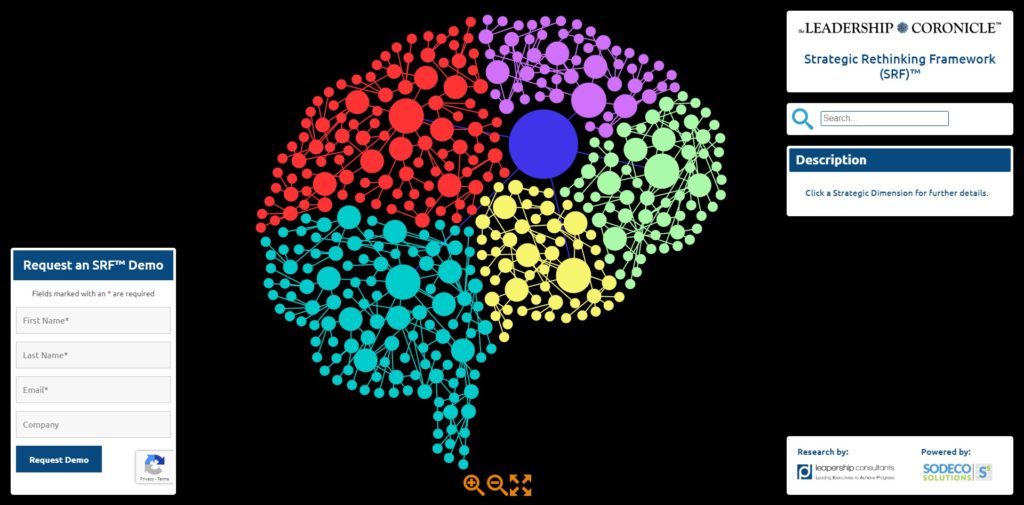Coronavirus Crisis: 7 Leadership Lessons Learned from the Failure of Classic Strategy Models
Written by Dr Antoine Eid
The world is more Risk-Aware now. We have reacted to a global Crisis and managed to somehow contain immediate escalating damage. After observation, big questions needed to be asked: What led to us not predicting Crisis? Is there fault in existing Strategy models? Is there fault in contemporary Leadership?
Why Rethink Strategy?
Let us start by defining what textbook Strategy is:
The basic purpose of a Business Strategy is to take the company towards its reason for existing, whether that’s Profit, Charity, Service, or any other Purpose. It also plans how to utilize the resources to create a viable business case that will serve that Purpose.
There are different Strategy models, some are very robust and used around the world by many big organizations. These models study the market opportunities and threats, mostly in terms of micro and macro factors like market, regulations, technology, competition, product design, distribution, financial planning, etc. and they also prepare for potential contingencies.

These models work well despite the fact that uncertainty in business has always been there, and they help prevent damage or reach a safe pre-planned outcome.
What these traditional models do not consider are risks bigger than the common ones, and the Coronavirus crisis is a big global example of a high-level unpredicted risk that affected almost every organization in the world in one way or another.
Two things to consider here:
1. Have the classic Strategy models
contributed to the world not being ready for a
major crisis?
2. Will new Business Strategy models
take into account these fast-developing
risk factors?




